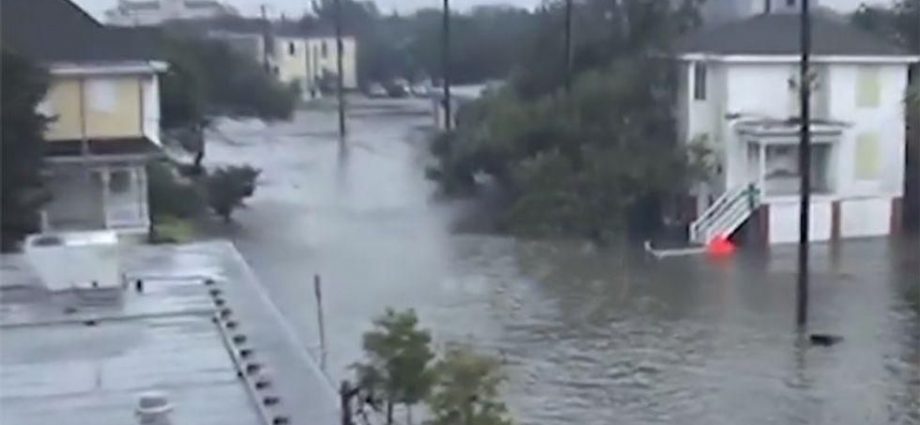SUNDAY, July 24, 2022 (HealthDay News) — Living in a region where tropical storms, hurricanes or other weather emergencies are likely means being ready for a quick evacuation.
“Part of preparedness is having a plan,” said Dr. James McDeavitt, executive vice president and dean of clinical affairs at Baylor College of Medicine in Houston. “You don’t want to make that plan as the hurricane is barreling down the coast. You need to prepare now, when the sun is out and the weather is clear.”
Hurricane season began June 1 and runs through Nov. 30, with a peak between mid-August and mid-October. The National Oceanic and Atmospheric Administration has forecast an above-normal hurricane season for 2022.
As you develop your emergency plan, remember that medical supplies are an important part of it for anyone with health conditions.
Deciding when to evacuate is one of the decisions someone dependent on others or on technology for their health care may need to make. That includes individuals who rely on equipment such as ventilators or CPAP machines, or anyone who is frail, elderly or has a disability.
“The sicker you are, the more dependent you are on others for care and the more dependent you are on technology for your care, the better off you are evacuating early if you can do so safely,” McDeavitt said in a college news release. “That means getting out well ahead of the weather event. The danger is you get caught up in the last-minute rush to evacuate and you end up stuck on the highway.”
Those who rely on durable medical equipment such as oxygen cylinders, or those who rely on home health services or dialysis should include their provider in their emergency planning, McDeavitt said.
Hurricane preparedness plans should include information on evacuation routes, where to find resources updating risk levels and emergency shelter options in the community.
Have an emergency generator at home to run essential equipment in case of a power outage.
Those with chronic illness should have enough supplies at the ready to manage their care for five to seven days, as well as appropriate food on hand. That’s especially important if their condition is sensitive to diet, such as diabetes or borderline congestive heart failure.
Assemble a basic first aid kit with adhesive bandages, sterile gauze, over-the-counter antidiarrheal medication and antibiotic ointment.
McDeavitt recommends that anyone, with health conditions or not, have a supply of clean water that is sufficient for two to three days. Fill any prescription medications ahead of the storm. Other good storm supplies include backup batteries, a radio, and backup power for your cellphone.
If you do need to evacuate to a crowded place such as a shelter, it’s best to plan ahead by being vaccinated and boosted for COVID-19. It’s important to wear a mask, McDeavitt advised, especially for individuals who are immune-compromised.
More information
Ready.gov also offers hurricane-preparedness tips.
SOURCE: Baylor College of Medicine, news release, July 14, 2022
Copyright © 2026 HealthDay. All rights reserved.

